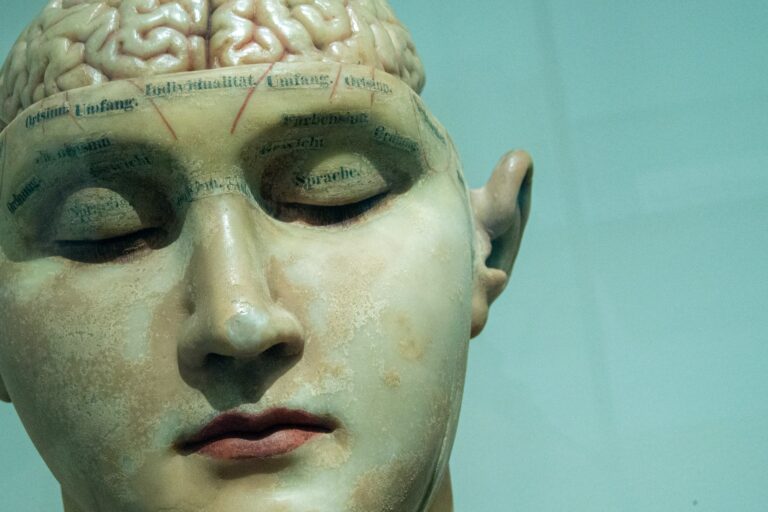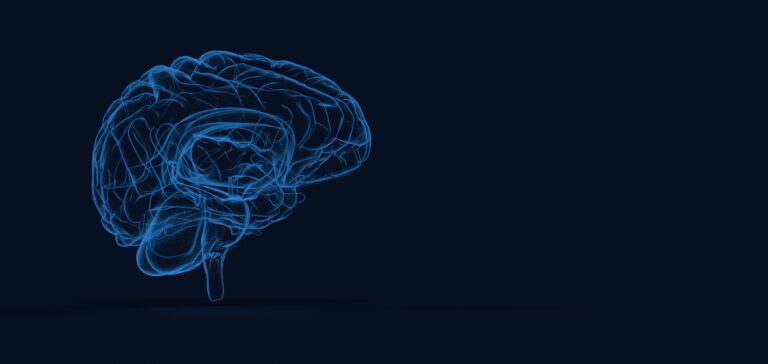## What Are Electrolytes and Why Do They Matter?
Electrolytes are minerals in your body that carry an electric charge. The main ones are sodium, potassium, calcium, magnesium, chloride, phosphate, and bicarbonate. These minerals are crucial for many body functions, including keeping your heart beating, your muscles moving, and your nerves signaling properly. They also help balance the amount of water in your body and maintain your blood’s pH level.
When you eat normally, you get electrolytes from food and drinks. But when you fast—meaning you stop eating for a period of time—your intake of these minerals drops. This leads many people to wonder: **Should I take electrolytes when fasting?**
## What Happens to Electrolytes During Fasting?
When you start fasting, your body goes through several changes. In the first 24 hours, your body uses up its stored sugar (glycogen). As glycogen is broken down, water is released, and you lose both water and sodium through your urine—a process called “natriuresis of fasting”[3]. This is why many people notice quick weight loss at the start of a fast; much of it is water weight[3].
For short fasts (less than 24 hours), most healthy people don’t need to worry much about electrolytes. Your body is pretty good at keeping things balanced for a day. But as fasting continues beyond a day or two, the risk of losing too much sodium, potassium, and other electrolytes increases, especially if you’re active, sweating a lot, or not drinking enough water[3].
## Do You Need Electrolyte Supplements When Fasting?
**For most people doing intermittent fasting (like 16:8 or 18:6), electrolyte supplements usually aren’t necessary.** Your body can handle short periods without food, and you’ll replace electrolytes when you eat again. However, if you feel dizzy, tired, get muscle cramps, headaches, or notice your heart beating irregularly, these could be signs of low electrolytes, and adding some might help[1].
**For longer fasts (24 hours or more), especially multi-day fasts, paying attention to electrolytes becomes more important.** Studies show that blood levels of electrolytes like magnesium, potassium, and calcium usually stay stable during longer fasts in healthy people[4]. But this doesn’t mean everyone is safe. If you’re already low in these minerals, have certain health conditions, or are very active, you might need to supplement[4]. Prolonged fasting without proper care can lead to electrolyte imbalances, which can affect your heart and overall health[5].
## Benefits of Taking Electrolytes While Fasting
– **Prevent Dehydration:** Electrolytes help your body hold onto water, so you stay better hydrated, even when you’re not eating[1].
– **Reduce Side Effects:** Adding electrolytes can help prevent headaches, fatigue, muscle cramps, and dizziness—common complaints during longer fasts[1].
– **Support Nerve and Muscle Function:** Electrolytes are essential for your nerves and muscles to work properly, including your heart[2].
– **Maintain Energy Levels:** Proper electrolyte balance helps you feel more energetic and clear-headed during a fast[2].
## Risks of Not Taking Electrolytes During Fasting
If you don’t get enough electrolytes during a long fast, you might experience:
– **Dehydration:** Even if you drink water, without electrolytes, your body can’t hold onto it as well[1].
– **Muscle Cramps and Weakness:** Low levels of potassium and magnesium can cause painful cramps and make your muscles feel weak[2].
– **Heart Problems:** Severe electrolyte imbalances can lead to irregular heartbeats, which can be dangerous[5].
– **Dizziness and Fatigue:** These are common signs that your body is struggling to maintain balance[1].
## Who Should Be Extra Careful?
– **People with health conditions** like kidney disease, heart problems, or diabetes should talk to their doctor before fasting or taking electrolyte supplements.
– **Athletes or very active people** may lose more electrolytes through sweat and need to replace them.
– **Older adults** may be more at risk for dehydration and electrolyte imbalances.
– **Anyone on medications** that affect fluid or electrolyte balance (like diuretics) should check with their healthcare provider.
## How to Take Electrolytes During Fasting
You don’t need fancy sports drinks. Simple options include:
– **Adding a pinch of salt (sodium chloride) to your water**[7].
– **Using “pink” Himalayan salt or sea salt**, which also contain trace minerals[7].
– **Taking magnesium and potassium supplements** if you’re doing a multi-day fast, but don’t overdo it—follow package instructions or ask your doctor.
– **Commercial electrolyte powders or tablets** designed for fasting are also available and can be convenient.
**Avoid sugary drinks or those with artificial sweeteners**, as these can break your fast and may cause blood sugar swings.
## What Do the Experts Say?
Most experts agree that for **short fasts**, electrolyte supplements aren’t usually needed unless you have symptoms[1][4]. For **longer fasts**, paying attention to electrolytes is wise, especially if you feel unwell[1][5]. There’s no one-size-fits-all answer—listen to your body, and if you’re unsure, ask a healthcare professional.
Some sources note that **blood electrolyte levels often stay stable during longer fasts in healthy people**[4], but this doesn’t mean everyone will be fine without supplements. Individual needs vary based on health, activity level, and environment.
## Special Cases: Religious and Prolonged Fasting
During religious fasts like Ramadan or Navratri, where eating and drinking are restricted for many hours or days, hydration and electrolyte balance are especially important[5][6]. In Ramadan, for example, it’s recommended to drink plenty of water and eat balanced meals during non-fasting hours to avoid dehydration and electrolyte loss[6]. Prolonged fasting (like 9 days) can increase the risk of serious complications, including electrolyte imbalance, if not done carefully[5].
## Myths and Misconceptions
– **Myth:** Fasting always leads to nutrient deficiencies. **Fact:** Your body actually conserves vitamins and minerals during a fast, and deficiencies are rare unless you’re already low or fasting for a very long time[4].
– **Myth:** You must take electrolytes for every fast. **Fact:** For most people doing intermittent fasting, it’s not necessary unless you have symptoms[1][4].
– **Myth:** Sports drinks are the best way to get electrolytes during a fast. **Fact:** Many sports drinks have sugar and additives that can break your fast. Simple salt water or fasting-specific electrolyte supplements are better choices[7].
## Practical Tips
– **Start slow:** If you’re new to fasting, try shorter fasts first and see how you feel.
– **Stay hydrated:** Drink water throughout the day, even if you’re not eating.
– **Listen to your body:** If yo





